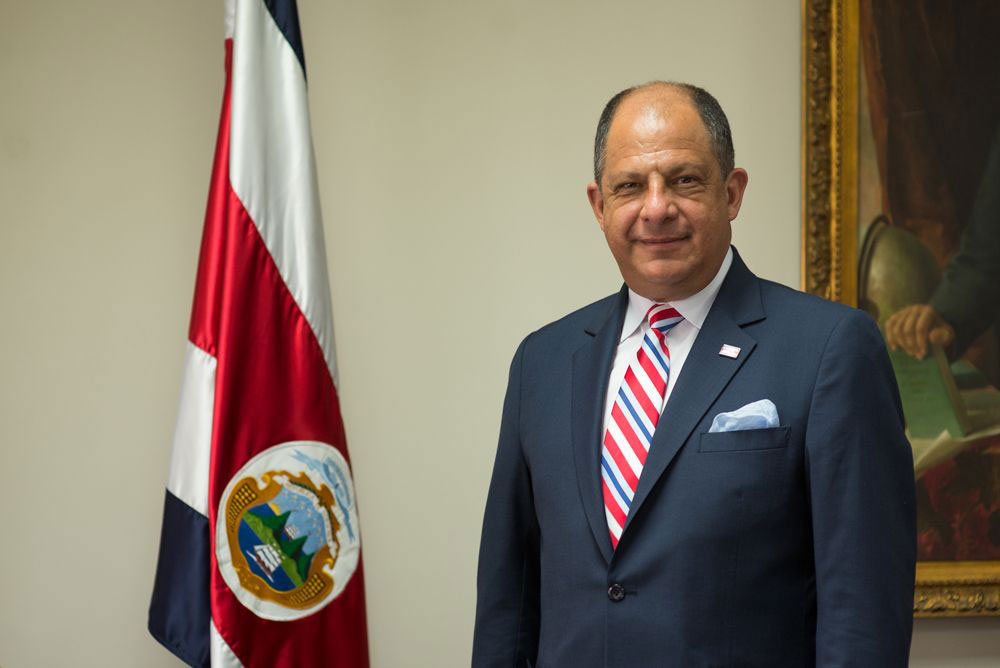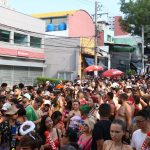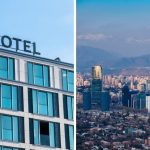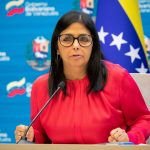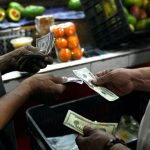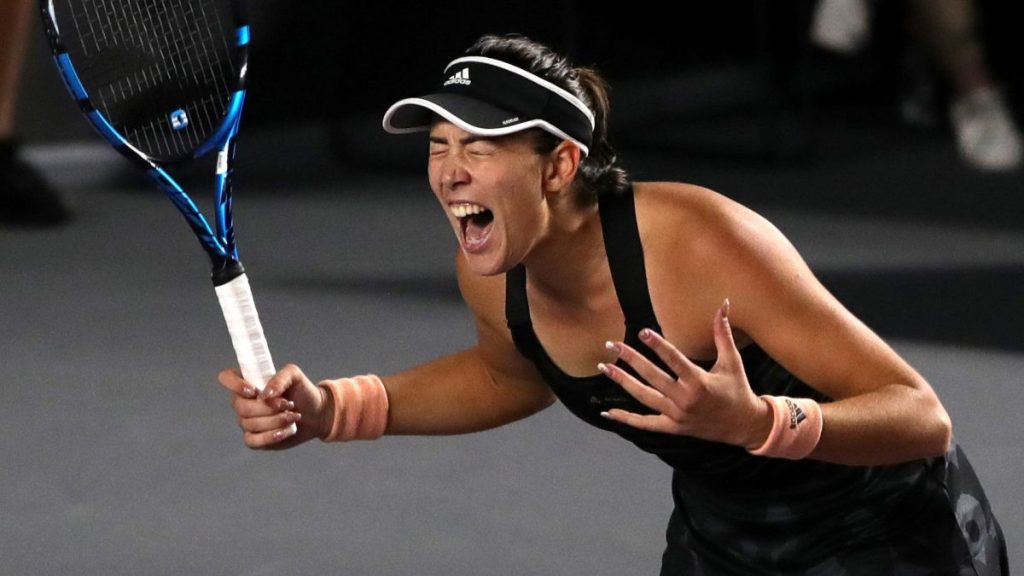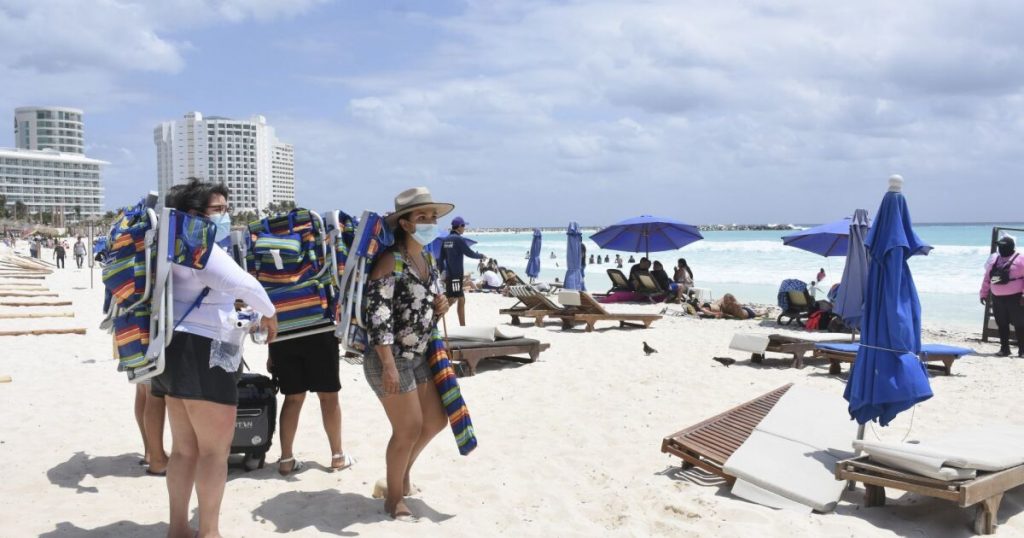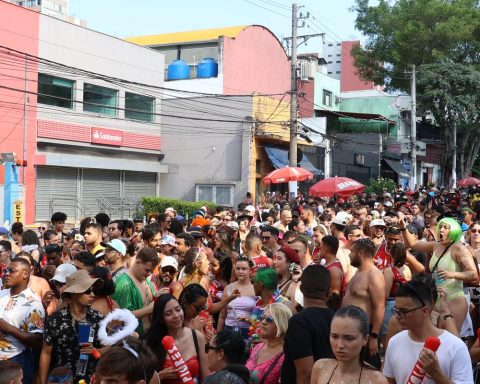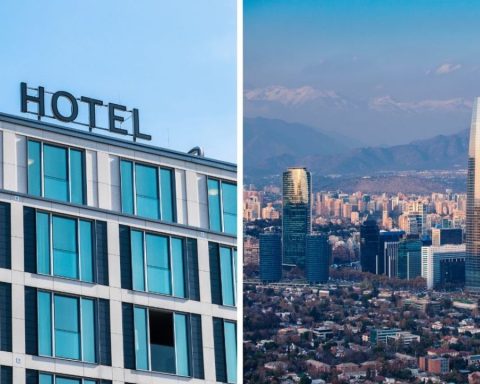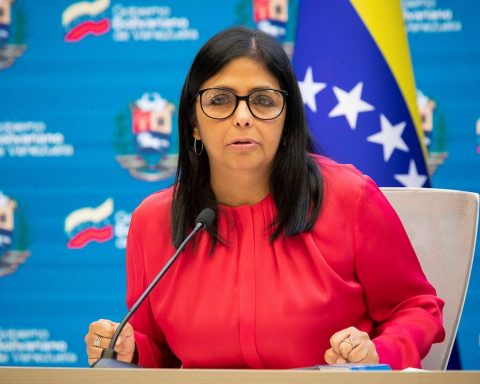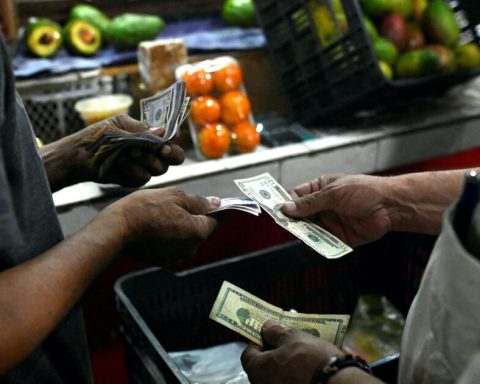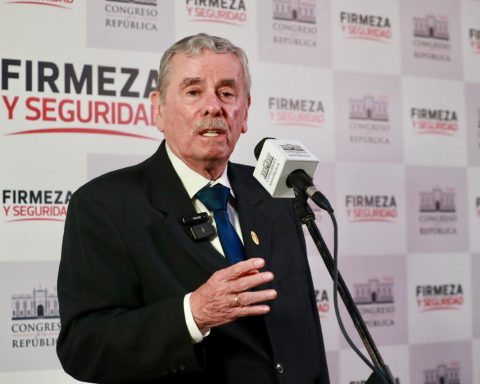On the day of the illegitimate reelection of Daniel Ortega, the former president of Costa Rica, Luis Guillermo Solís (2014-2018), said that the international community was facing an electoral farce that would end with the coronation of a dictatorship.
The former president has several concerns about the process carried out on November 7But the main one is that he believes that there is an urgent need for a hemisphere response to the systematic human rights violations committed by a regime that he considers a bad example in the region.
Solís is a professor and has experience as an electoral observer in international missions. He will travel on November 28 to Honduras where he will be head of the observation mission of the Organization of American States. In 2018 it did the same in Guatemala.
With an eye on the region, the former president analyzes in this interview what the reelection of the Nicaraguan dictator means for all Central American countries and the possible response, which is being discussed, at the meeting of foreign ministers that is being held virtually in Guatemala and that it is chaired by Chancellor Pedro Brolo.
You will be the head of the observation mission in Honduras. How do you assess what happened in Nicaragua from the electoral point of view?
It is a complex moment for the region in terms of democratic development. We all understand the challenges that we will have to face in the coming years. Certainly, the Nicaraguan experience is not a good example for the region. In this sense, I hope that the Central American countries that will have elections soon — Honduras first, Costa Rica later — understand the need to carry out these elections in conditions of tranquility, without repression and transparency, and above all with a constructive international accompaniment that looks at the results. electoral issues with responsibility and without partisan passion.
The Secretary General of the OAS, Luis Almagro, demanded on November 9 the annulment of the elections in Nicaragua. How can this be achieved when Ortega has previously ignored the international community?
I do not want to misinterpret the secretary general. The truth is that I do not know the context in which he thinks those elections can be repeated, but I imagine what he is thinking about that at some point the Ortega regime will have an end and a new electoral process will emerge from which a government will result. legitimate.
In any case, opinion follows quite closely the position that most of the countries in our hemisphere are maintaining.
In the case of Nicaragua, Mexico and Argentina have assumed a position of “not intervening” even though it is about human rights violations. Is this position supported?
The international community must take on the challenge posed by the non-elections in Nicaragua in a forceful manner and that there should be no misuse of the concept of non-intervention. Because saying that there is no intervention in conditions where normality prevails may be justifiable, in this case my impression is that arguing non-intervention all it does is that it benefits the dictator and his regime, something that contravenes the founding principles of the OAS, the Inter-American Charter and all human rights instruments, because crimes against humanity have been committed in Nicaragua, as all multilateral organizations have said.
Obviously, the absence of Mexico, Argentina, and other countries in Latin America and the Caribbean, from the debate and consensus that is necessary for the application of the charter, has serious effects, because it can leave the vast majority of countries without enough votes. the region. But hey, there is still a lot to write about that, because the diplomatic negotiation is ongoing.
Do you think that at this moment these countries are capable of blocking any resolution?
I don’t know, because arithmetic in the OAS changes very quickly. In other cases, Venezuela, few countries have been able to block consensus for years. I hope that is not the case in Nicaragua and that we can assume the collective responsibility of the hemisphere to ignore the Ortega regime, but that will depend on the votes in the end. There is a number of votes that is the minimum necessary, and many times it is not reached at least at first. It is built on consensus little by little and at this juncture what we do not have is time. We would like to see solutions as soon as possible.
Let’s review Central America, on the one hand, Guatemala is observed with oscillating positions in resolutions on Nicaragua — sometimes it abstains, other times it condemns—, Honduras in a situation with institutional problems and El Salvador condemns Ortega and at the same time is singled out for falling back. to authoritarianism, what consequences does a reelection like Ortega’s without political competition have for the region?
The existence of a dictatorship is a bad example for all of Central America and for the entire hemisphere. That a regime like that defies the international community, ignores the calls for attention made by multilateral organizations and the protection of human rights; That it so violently represses its own population and imprisons its main democratic opposition leaders constitutes a threat that, if sustained, has consequences for the region. We need a calm region, with democratically elected governments, with growing legitimacy and it seems to me that at this time we do not have the necessary conditions to bring in a lot of investment, and thereby improve the general situation of our peoples.
While Honduras and Guatemala have their positions on Nicaragua, on the other side, Costa Rica — your country — promotes an alliance with Panama and the Dominican Republic in favor of democracy. Is Central America divided in relation to Ortega?
Each country has its own considerations for not joining this hemispheric consensus. I understand, however, that the Guatemalan government seemed to see it on the list of countries that yesterday were unaware of Ortega’s election. I don’t know if I was wrong.
In any case, in Central America there is a fairly clear majority that has pointed out the illegitimacy of these elections, but there is undoubtedly an evident division between regimes that are conducive to what could be called a liberal democracy, and others that are more in one line. of growing authoritarianism, or involved in a very difficult moment as is the case of Honduras, in an electoral situation that makes the manifestations of the States become a bit diffuse.
The day Ortega was re-elected, you said that it was an electoral farce, which allowed the crowning of a dictatorship that defies the international community, how would you convince democracies (which are not) to tell them that the issue of Nicaragua is a regional issue?
I believe that, by providing the information, not because they do not know it, but so that the countries that have not assimilated it, do so understanding that what has happened in Nicaragua is extremely serious.
We cannot let it go as if everything had happened normally. What we have is a crude manipulation of the democratic instruments to enthrone a dictatorship. If that happens and there are no consequences, in the future, similar movements or processes may occur that for all intents and purposes may have impacts beyond Central America, even in some of those countries that today refuse to condemn the Ortega regime.
In their first reactions, the United States, Canada and the European Union indicated that they would study sanctions after electoral fraud, what can be done so that the same does not happen in Venezuela?
Every country is different. Venezuela is one thing, Nicaragua is another, but, without a doubt, I think your concern is shared by many people, myself included. One cannot be placed in a line of universal repudiation that in the end is only a salute to the flag.
The regime must pay with pain for itself, not for the Nicaraguan people, the audacity of a handful of despots who do not want to give up power. Because if there had been free elections, it probably would have happened.
What needs to be calibrated, and, in that I believe that most of the nations are already talking about what to do, is how to achieve without affecting the poorest, most needy people with the measures that they are likely to impose on Nicaragua and financial and even commercial sanctions, because the RENACER law has already been signed and that puts the country in the pillory and could possibly lead to an expulsion or at least a suspension of participation in the Central American free trade agreement, the United States and the Dominican Republic.
Here we are reaching a point where the actions are going to begin to be much more than symbolic, that they have effects on Nicaragua. Obviously the regime still has space because it has the support of some countries that are going to continue propping up, such as those of the Alba group, Russia, Iran, and undoubtedly Taiwan, which is also an allied country.
Do you see any way out at this time for the human rights crisis of the Nicaraguan people?
Management should be carried out in parallel to that which is being carried out for the release of all political prisoners and for their rights to be respected. After Ortega’s outburst yesterday, which filled them with insults and accused them of how much atrocities, even if they are not Nicaraguans, one has to worry about what might happen to those people. I would expect human rights organizations, the Vatican, the United Nations itself, to take action. They have no reason to actually be in jail, because the accusations are false. After the electoral period, what should be done is to manage how to release them. I hope the regime has at least those levels of decency and allows them to leave.
